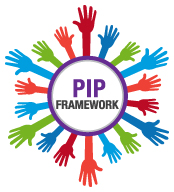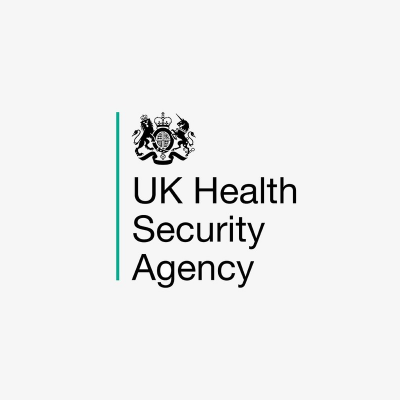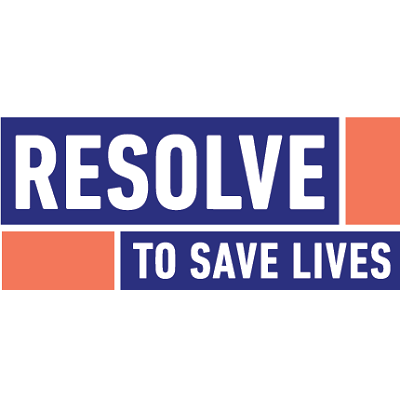WHO counts on the support of over 800 collaborating centres to do its mandated work and implement its programmes. To find out what these WHO collaborating centres are and their area of work with WHO please visit the database. You can also learn more about the WHO collaborating centres here.
Neighbouring Countries
21 - 24 July 2025
10 - 14 February 2025
01 - 01 July 2021
10 - 10 February 2016
12 - 16 September 2016
24 - 27 October 2017
Ground Crossing
Port
Airport
N/A
2023
AMR Self Assessment
No Data!
MPC
Multisectoral Preparedness Coordination
No Data!
Joint Risk Assessment (JRA)
Universal Health Coverage
Sustainable Development Goals
SDG Target 3.b
SDG Target 3.c
SDG Target 6.2
Others
Conducted
2025
NAPHS
No Plan or Plan not publicly available
Influenza Plan
N/A
AMR PLAN
Public Health Emergencies Preparedness
-
 PIP Framework
PIP Framework -
 UK Health Security Agency (UKHSA)
UK Health Security Agency (UKHSA) -
 Resolve to Save Lives
Resolve to Save Lives
-
To establish and strengthen influenza surveillance systems, knowledge and capacities for a timely and appropriate response to pandemic influenza
-
To support Africa Centres for Disease Control and Prevention (Africa CDC) with the COVID-19 pathogenic genomic sequencing initiative
-
Support Africa Centres for Disease Control and Prevention (Africa CDC) with the distribution of COVID-19 vaccines across the continent
-
To support the UK's New Variant Assessment Platform (NVAP) rollout to African Union Member States, to enhance the detection and subsequent assessment of SARS-CoV-2 variants
-
Support Africa Centres for Disease Control and Prevention (Africa CDC) to develop and strengthen the Africa CDC Kofi Annan Global Health Leadership Programme
-
Support Africa Centres for Disease Control and Prevention (Africa CDC) to undertake a rapid mortality survey to assess the impacts from COVID-19
-
Support Africa Centres for Disease Control and Prevention (Africa CDC) to develop monitoring and evaluation of the Partnership to Accelerate COVID-19 Testing: Trace, Test and Track initiative
-
Support Africa Centres for Disease Control and Prevention (Africa CDC) with the organisation and delivery of the Africa CDC virtual conference 'Africa's Leadership in COVID-19 Vaccine Development and Access'
-
Support Africa Centres for Disease Control and Prevention (Africa CDC) and partners response to Covid-19
-
Support Africa Centres for Disease Control and Prevention (Africa CDC) and partners to develop guidance for sero-surveillance surveys
-
Support Africa Centres for Disease Control and Prevention (Africa CDC) and partners to develop and strengthen the African Volunteer Health Corps (AVoHC) for effective public health deployment for COVID-19 response
-
To support Africa Centres for Disease Control and Prevention (Africa CDC) with the development and implementation of COVID-19 guidance
-
"To support Africa Centres for Disease Control and Prevention (Africa CDC) in strengthening the Public Health Emergency Operation Centres (PH EOC) for effective COVID-19 response across the African Union member states. "
-
To equip cities and countries with the means and tools to review their existing legal framework rapidly, fill existing gaps, and mitigate social and economic impacts of public health measures.
-
"Integrated training of healthcare workers; Infection Prevention and Control monitoring and supportive supervision"
- National Legislation, Policy and Financing
- Zoonotic Disease
- Food Safety
- Biosafety and Biosecurity
- Immunization
- IHR Coordination, Communication and Advocacy
- Antimicrobial Resistance
- Workforce Development
- National Laboratory System
- Reporting
- Preparedness
- Emergency Response Operations
- Linking Public Health and Security Authorities
- Medical Countermeasures
- Points of Entry (PoEs)
- Chemical Events
- Radiation Emergencies
- National Institute of Infectious Diseases (NIID)
- AFENET
- Africa Centres for Disease Control and Prevention (Africa CDC)
- African Society for Laboratory Medicine (ASLM)
- Argentina, National Food Safety and Quality Service (SENASA)
- Asia-Europe Foundation (ASEF)
- Asian Development Bank (ADB)
- Asian Infrastructure Investment Bank (AIIB)
- Australia
- Australia, Department of Foreign Affairs and Trade (DFAT)
- Austrian Development Agency (ADA)
- BDC
- Better Health Moves Humanity Forward (PATH)
- Bill & Melinda Gates Foundation (BMGF)
- Brazil, Ministry of Agriculture, Livestock, and Supply (MAPA)
- Coalition for Epidemics Preparedness Innovations (CEPI)
- Danish International Development Agency (DANIDA)
- Deutsche Gesellschaft für Internationale Zusammenarbeit (GIZ)
- Ending Pandemics
- EpiAFRIC
- EPPR
- European Union
- FAO Emergency Centre for Transboundary Animal Diseases (ECTAD)
- Fleming Fund
- French Embassy
- Fundación Maris Llorens
- GAVI, The Vaccine Alliance
- Global Affairs Canada (GAC)
- International Association of National Public Health Institutes (IANPHI)
- International Federation of Biosafety Associations (IFBA)
- International Federation of Red Cross and Red Crescent Societies (IFRC)
- International Regional Organization for Agricultural Health (OIRSA)
- Japan International Cooperation Agency (JICA)
- Japan International Cooperation System (JICS)
- Lions Clubs International
- Mekong Basin Disease Surveillance (MBDS)
- National Center for Global Health and Medicine (NCGM)
- Norwegian Institute of Public Health (NIPH)
- OPEC Fund for International Development (OFID)
- PIP Framework
- Resolve to Save Lives
- Swiss Agency for Development and Cooperation (SDC)
- The Service for the National Health for Food Safety and Food Quality (SENASICA)
- U.K, Department for International Development (DFID)
- U.N. Food & Agriculture Organization (FAO)
- U.S. Agency for International Development (USAID)
- U.S. Defense Threat Reduction Agency (DTRA)
- U.S. Department of Agriculture (USDA)
- U.S. Department of Defense (DoD)
- U.S. Department of Justice (DoJ)
- U.S. Department of State (DoS)
- U.S. Federal Bureau of Investigation (FBI)
- U.S. National Institutes of Health (NIH)
- UK Health Security Agency (UKHSA)
- United Nations Children's Fund (UNICEF)
- United States Centers for Disease Control and Prevention (U.S. CDC)
- World Bank
- World Health Organization (WHO)
- World Organisation for Animal Health (WOAH)

